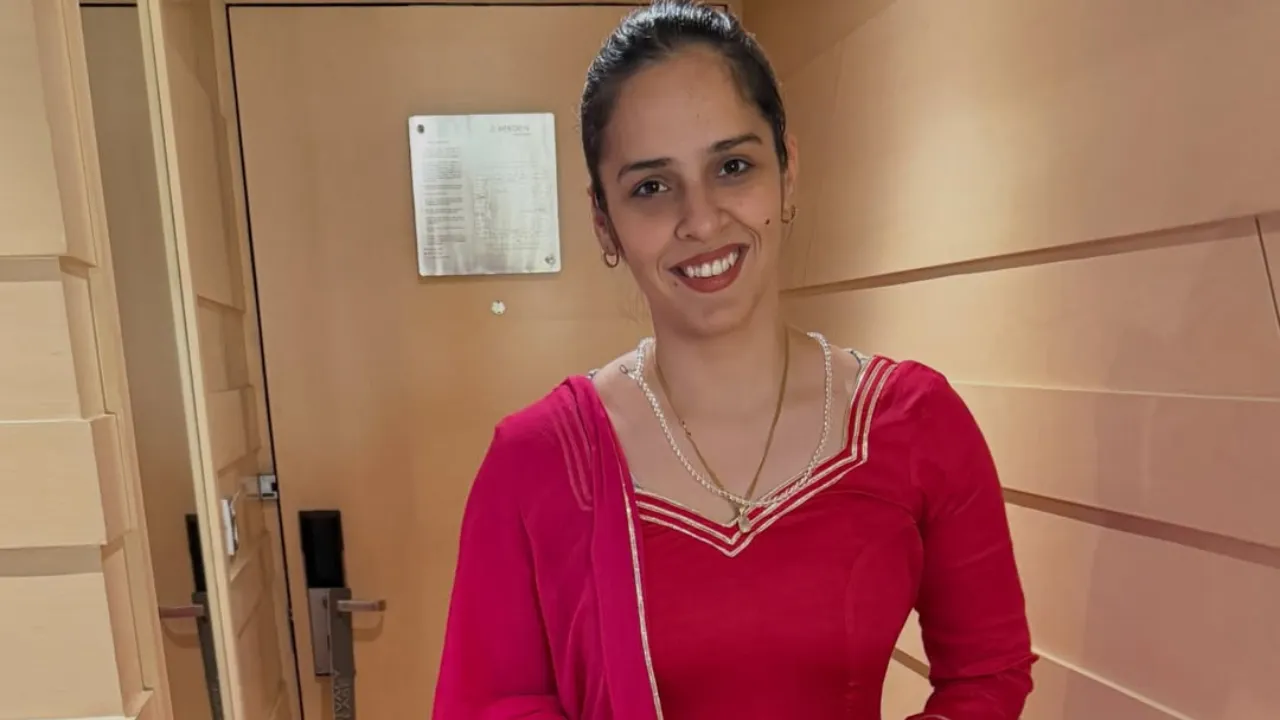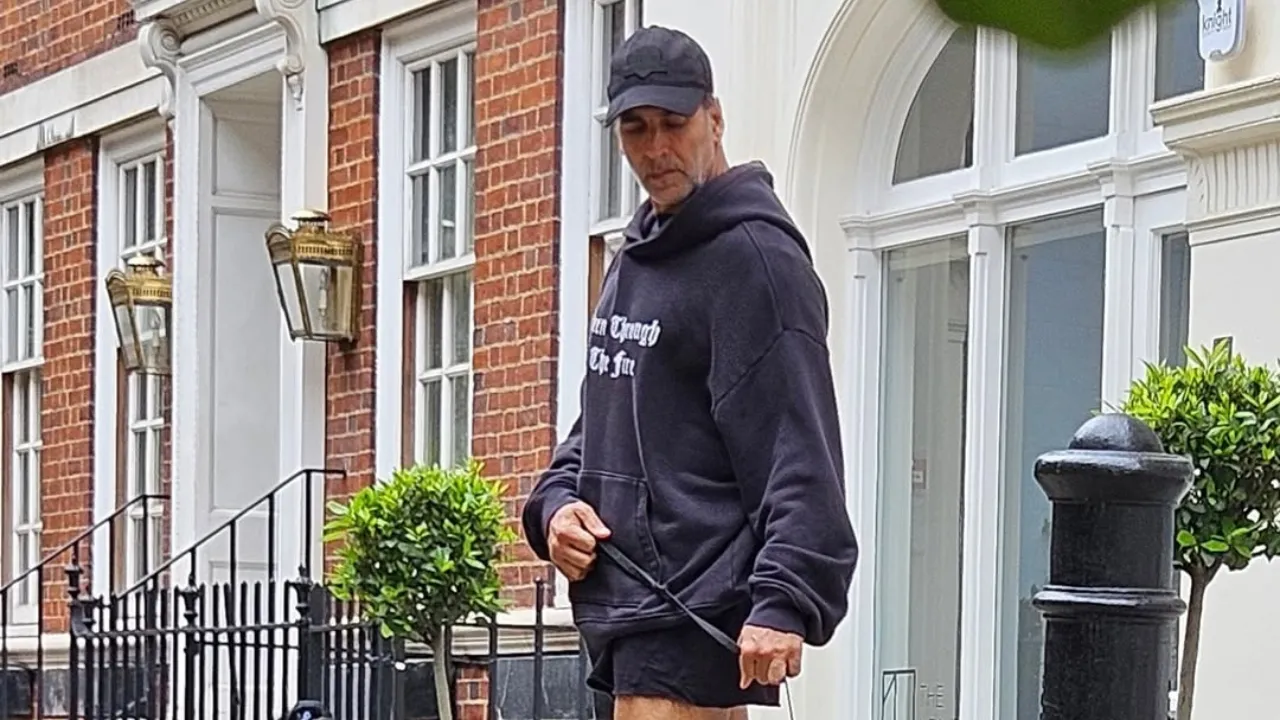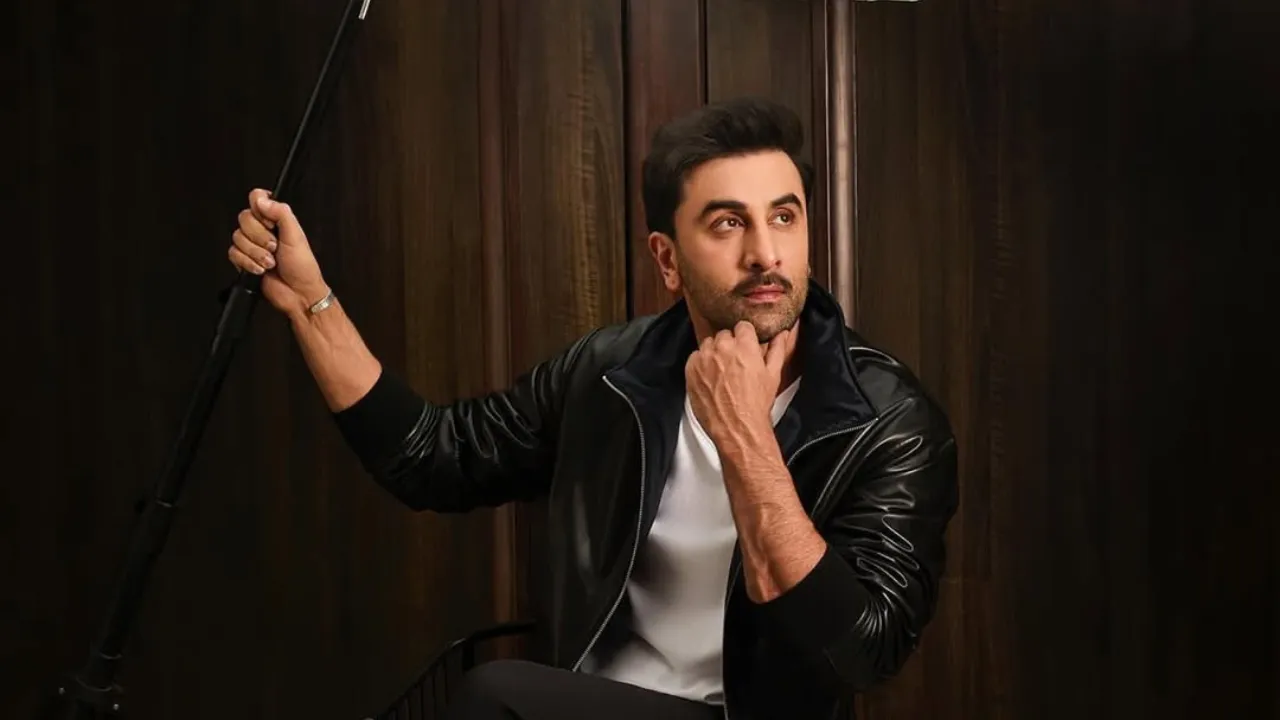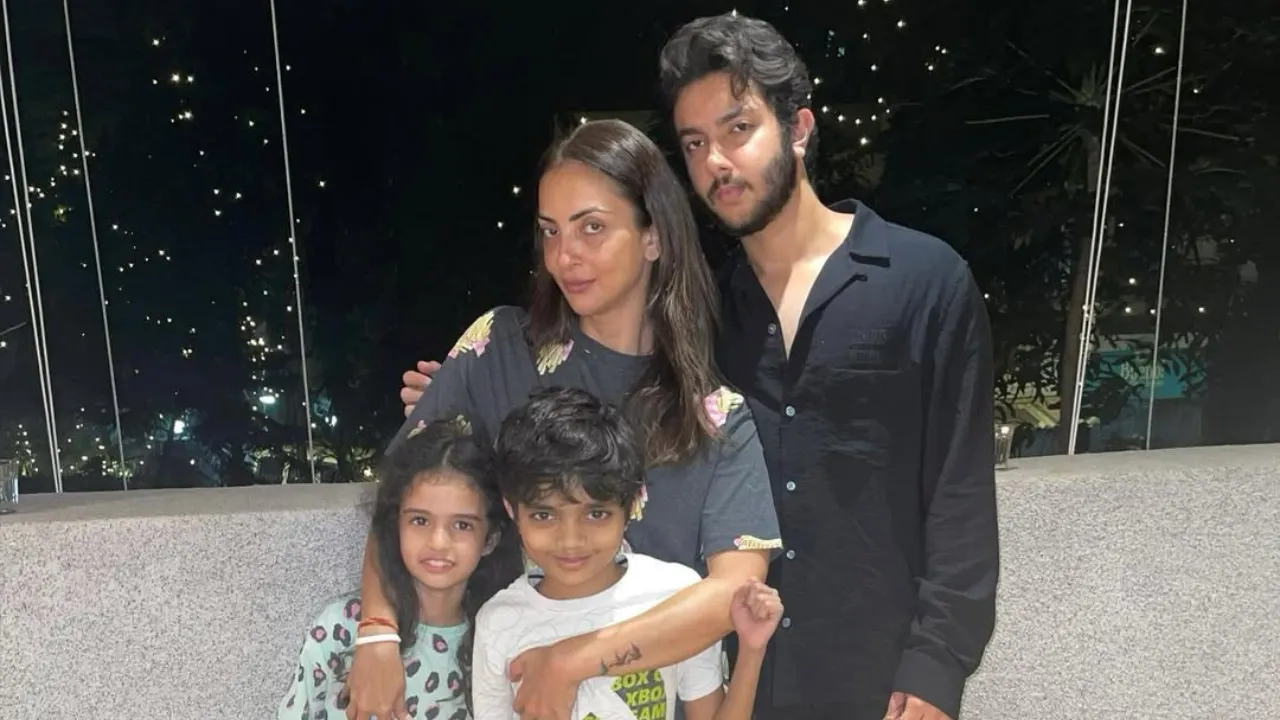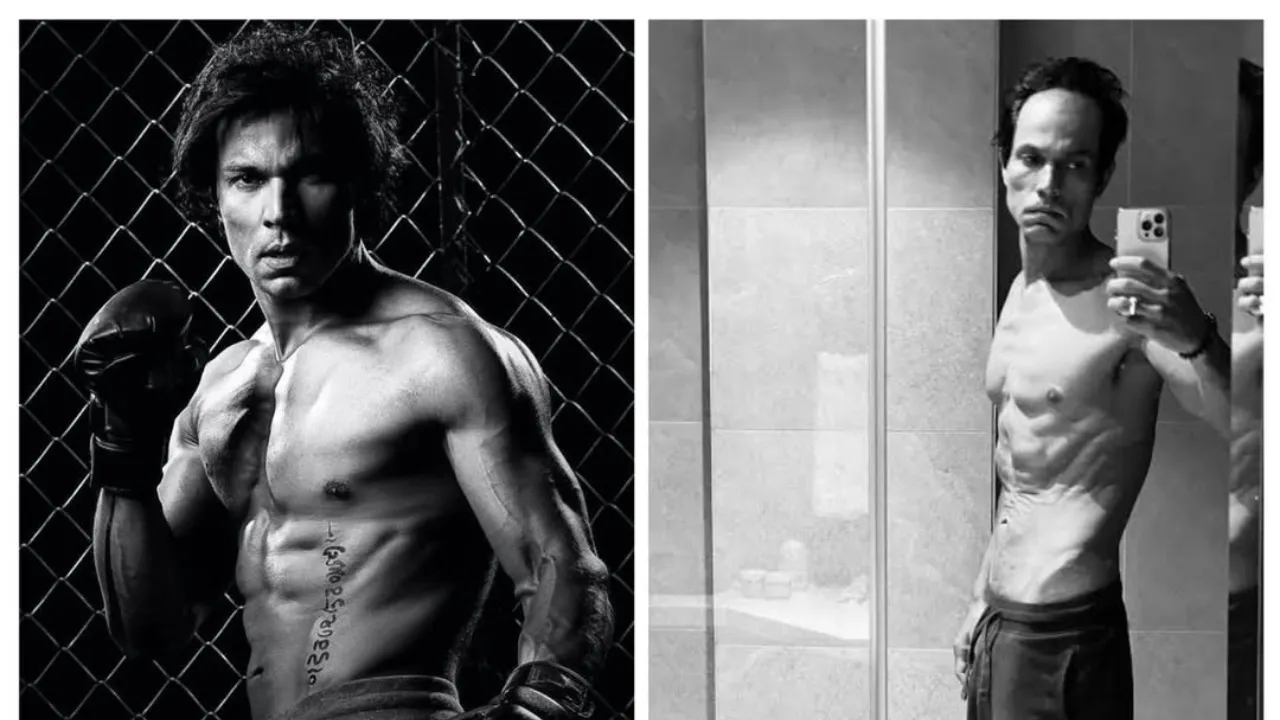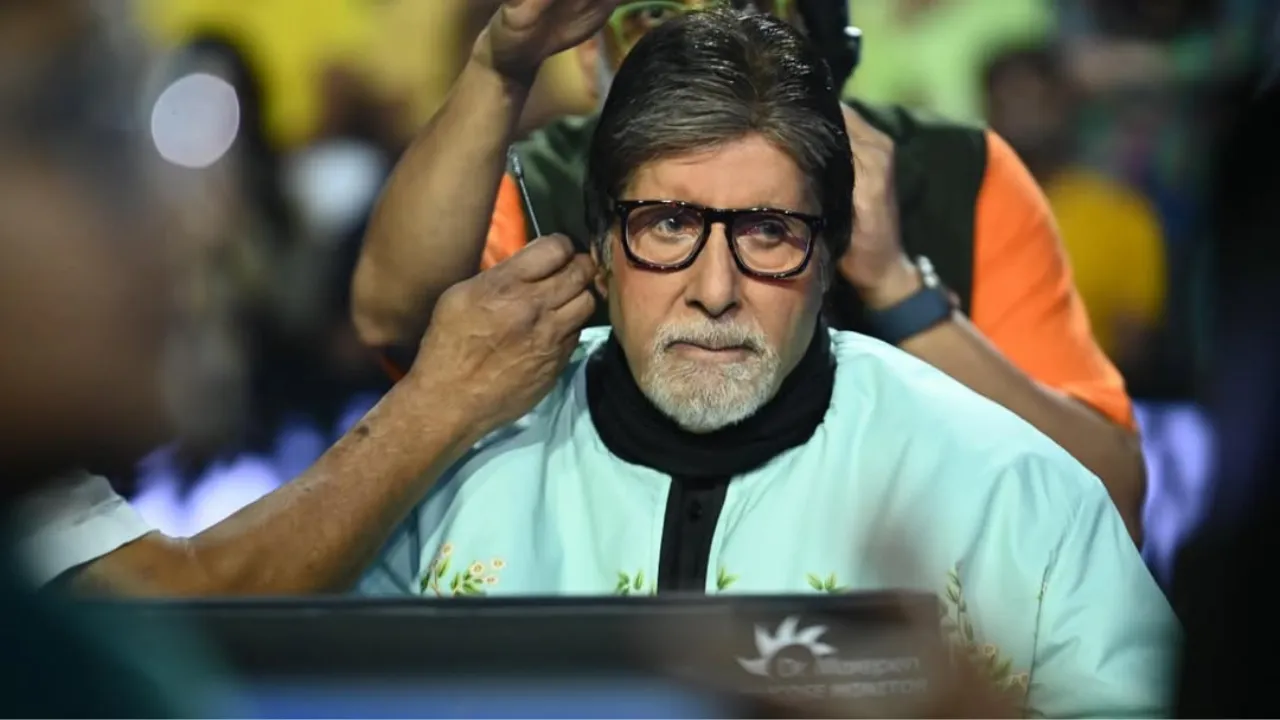Fatima Sana Shaikh: “I had no control” — her brave account of eating disorders and recovery
Fatima Sana Shaikh has long been admired for her acting and her candour. In a recent interview she opened up about a painful, private battle — an eating disorder she says began after the physical transformation for the film Dangal. Her words — “I hate myself because I have no control” — landed with many readers because they’re honest, human and full of the kind of detail that helps others recognise they’re not alone.
How Fatima Sana Shaikh describes what happened
Fatima says the extreme training and diet plan for Dangal changed her relationship with food. She described a cycle of bingeing and then restricting herself, and called her relationship with food “toxic.” She has credited friends and co-stars — including Sanya Malhotra — for noticing the signs and helping her get support. Different media reports vary slightly on the exact timeframe: some outlets quote her saying she struggled for around a year, while others report the period extended to nearly two years. Either way, the core message is consistent: the disorder began after a period of intense physical change and it seriously affected her life.
The quote that caught attention
“I hate myself because I have no control,” she said, explaining that she would binge for hours and then swing into a “starve mode” — behaviour that made her cancel plans and at times stop leaving the house. That frankness is important because it highlights both the psychological pain and the way eating disorders interfere with everyday life.
What Fatima’s story teaches us about eating disorders
Fatima Sana Shaikh’s experience maps closely to clinical descriptions of bulimia and binge-type disorders. In these conditions people may feel compelled to eat large amounts of food in a short time (bingeing) and then use unhealthy compensatory actions (purging, extreme dieting, over-exercising) or severe restriction. These cycles are often accompanied by shame, secrecy and a sense of lost control. Major health organisations describe the same patterns and emphasise that eating disorders are mental health conditions, not choices.
Why public figures speaking up matters
When a known actor like Fatima talks openly, it reduces stigma. Her story reaches audiences who might otherwise dismiss eating disorders as “vanity” or “lifestyle choices.” Instead, her words frame the problem as a medical and psychological issue that can affect anyone after stressful life events, major physical changes, or prolonged pressure to look or perform a certain way. That shift in narrative encourages help-seeking and compassion.
The medical reality: risks, signs and treatment
Medical sources make three points very clearly: bulimia and binge-type disorders can cause serious physical harm; they are often accompanied by anxiety or depression; and they are treatable with professional care.
- Risks include dental erosion, electrolyte imbalance, gastrointestinal damage, heart problems and hormonal disruption. Recovery often requires a team: medical oversight, psychotherapy and nutritional counselling.
- Common signs to watch for include repeated large-amount eating episodes, compensatory behaviours (purging, laxative misuse, fasting), preoccupation with food and body, secretive eating, and abrupt mood or social changes. If these behaviours repeat regularly, it’s time to consult a professional.
- Effective treatment options include cognitive behavioural therapy tailored for eating disorders (CBT-E or CBT-BN), dialectical behaviour therapy in some cases, nutritional rehabilitation, and medication when appropriate. Early detection improves outcomes.
Practical, immediate steps if Fatima’s story resonates with you
If reading Fatima Sana Shaikh’s interview made something click for you, here are concrete, non-judgemental next steps:
- Reach out to your doctor — start with a primary care physician who can assess physical risks (electrolytes, heart, thyroid) and refer you to mental health specialists.
- Find a therapist experienced in eating disorders — CBT for bulimia is evidence-based and often recommended as a first-line psychological treatment.
- Involve a dietitian — a specialist in eating disorders helps restore healthy eating patterns and reduce the physical toll.
- Tell a trusted friend or family member — social support reduces secrecy and shame.
- Use verified resources — organisations such as the National Eating Disorders Association (NEDA) and NHS provide screening tools, helplines and directories for treatment. These are practical, confidential ways to start.
How to support someone who’s struggling
If a friend says they’re “out of control” around food, mirror Fatima’s experience with compassion — don’t minimise it or offer quick fixes.
- Listen without judgement and validate their feelings.
- Encourage professional help and offer to help find a therapist or make an appointment.
- Avoid commenting on their body or food intake; focus on wellbeing and safety.
- Remind them that recovery is possible and that seeking help is a strength, not a weakness.
Where Fatima’s story fits in a larger conversation
Fatima Sana Shaikh’s transparency comes at a time when conversations about mental health and chronic medical conditions (she has also spoken about epilepsy) are growing more visible in India and globally. Public disclosures from celebrities can change norms — they help medical language reach popular audiences and make it easier for people to recognise symptoms and access care. Her account is a reminder that recovery is rarely linear, and the path back to balance often requires professional support plus steady social care.
Final takeaway
Fatima Sana Shaikh’s admission — blunt, brave and specific — is more than gossip fodder. It’s a useful case study in how high-pressure jobs and dramatic physical transformations can trigger deep, damaging patterns with food and self-image. The good news: eating disorders are treatable, and help is available. If her story moved you, use it as motivation to reach out — to a clinician, to a helpline or to someone you trust. Recovery is possible, and asking for help is the first, crucial step.
Also Read: Manya Anand Accuses Dhanush’s Manager of Casting Couch!











